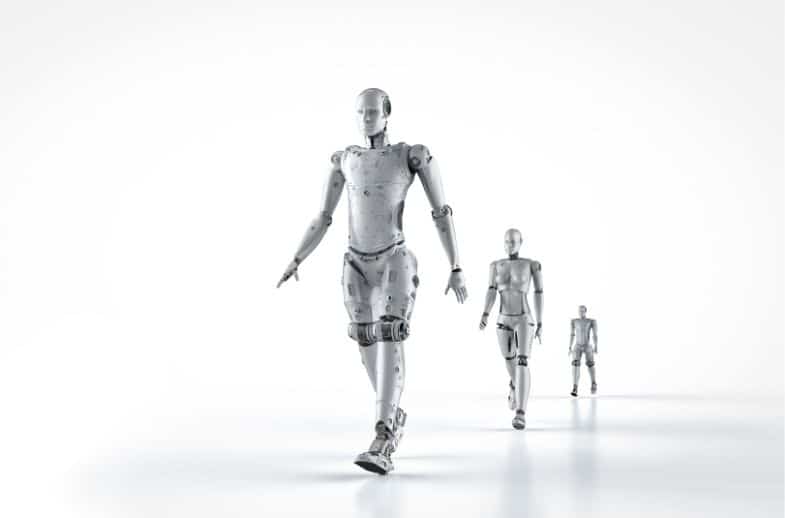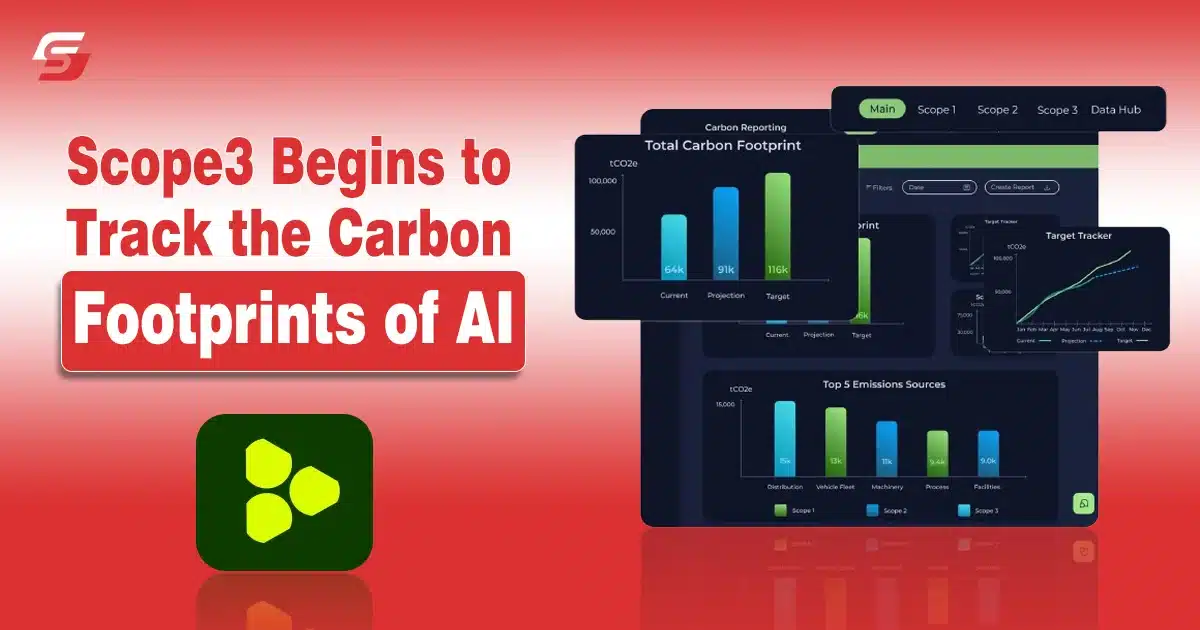Brian O’Kelley, the former CEO of AppNexus, which he has sold to AT&T for a reported $1.6 billion, experienced a significant career shift during the COVID-19 pandemic. While attending a lecture on supply chain management through an MIT course, O’Kelley encountered a slide about the carbon footprint of a banana that totally shifted his perspective.
At the time, he was running a metal commodities trading platform he founded, focused on reducing carbon emissions from trading and transportation. However, the realization about the environmental impact of products like bananas has sparked a new idea.

His commodities trading platform is successful, managing around 25% of copper imports into the U.S., but O’Kelley quickly recognized that the major source of carbon emissions for metals such as copper and aluminum lay in the mining and smelting processes.
While his platform could have optimized the trading and transportation process, it could not substantially alter the high carbon emissions inherent in the metal production process. This restriction led O’Kelley to realize that things worked differently in the digital world. With fewer constraints, the carbon footprint could be minimized.
Inspired by this idea, O’Kelley has sketched out the framework for a platform to track carbon emissions in digital advertising, bringing him back to the world of ads but with a fresh, environmentally-focused mission. In 2021, he had spun off the commodities business and founded Scope3, using the core supply chain tracking technology developed earlier.
Scope3’s premise was that the digital advertising industry, as it is existing today as well, is both economically inefficient and environmentally damaging. A study by the Association of National Advertisers had found that nearly 25% of spending on programmatic ads is wasted. Much of this money is funneled to intermediaries, fraud, or ads shown outside the visible browser window. As a relatively new industry, O’Kelley noted, “it’s very easy for money to get lost.”
Scope3 is aiming to address these inefficiencies. The company is promising its clients that by eliminating waste, they will not only improve the visibility and impact of their ads but also reduce their carbon footprint. By lowering the number of ads displayed, the amount of data processed is decreased, using less power and therefore lessening environmental harm. To achieve this, Scope3 is gathering data and building models that track both economic inefficiency and carbon emissions.
O’Kelley’s entrepreneurial journey had taken an unexpected turn earlier this year when he underwent unanticipated heart surgery. During his recovery, he has used the time to dive deeper into artificial intelligence (AI), a technology rapidly transforming the advertising industry. He has realized that AI and digital media were beginning to converge, with companies using AI to generate ads, web pages, and even search results. This revelation had spurred him to explore the potential for AI integration into Scope3’s business model.
Following a conversation with GV, one of Scope3’s existing investors, about the intersection of AI and climate tech, O’Kelley has secured $25 million in new funding to expand Scope3’s AI capabilities. This round has been led by GV, with participation from other investors like Aperiam Ventures, Craft Ventures, Room40 Ventures, Venrock, and Virgo Strategic Investments. As Scope3 builds AI-driven models, O’Kelley has anticipated that the alignment between economic cost and environmental impact will continue to guide the company’s pitch to customers.


